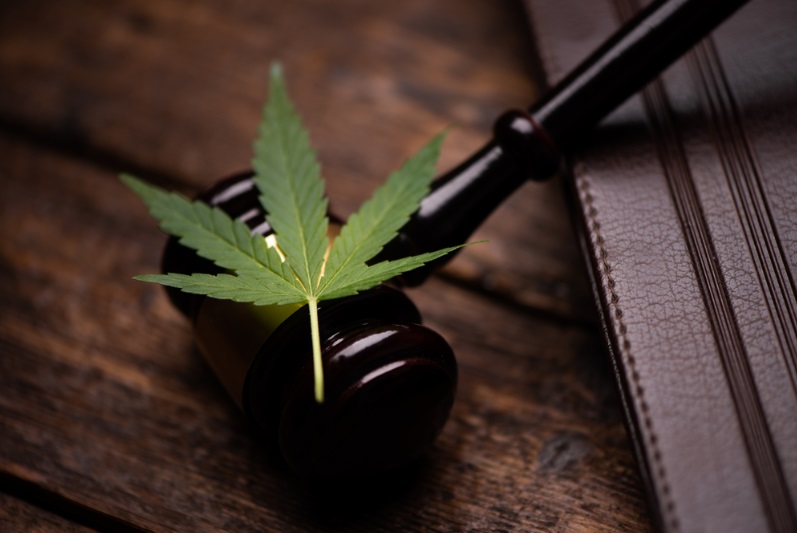DEA’s Proposed Rescheduling of Cannabis Sparks Public Response
LOS ANGELES- The Drug Enforcement Administration (DEA) has proposed rescheduling cannabis under federal drug law, moving it from Schedule I to Schedule III. This shift reflects changing perceptions about cannabis, which is currently classified alongside drugs deemed to have “no currently accepted medical use and a high potential for abuse,” such as heroin and ecstasy. The proposed change would reclassify cannabis as having “a moderate to low potential for physical and psychological dependence,” similar to substances like testosterone and Tylenol with codeine.
Public Comment Period
Following the DEA’s proposal in May, a public comment period was opened, attracting tens of thousands of responses. The comment period, which lasted 60 days, saw an unprecedented 42,916 submissions, with the majority supporting some form of cannabis law reform. An analysis by the Drug Policy Alliance found that 69.3% of comments favored descheduling, decriminalizing, or legalizing cannabis at the federal level. Headset, a cannabis industry data analytics company, reported that 92.45% of comments supported changing cannabis’s classification, with 61.7% advocating for complete descheduling and 38.3% favoring rescheduling to a less restrictive category.
Legislative and Public Opinion
Despite strong public support for the rescheduling proposal, some lawmakers remain opposed. Representatives Cathy McMorris Rodgers (R-Wash.) and Brett Guthrie (R-Ky.) expressed concerns about the process leading to the DEA’s determination. They noted that as recently as 2016, both the DEA and the Department of Health and Human Services (HHS) considered cannabis to meet the criteria for Schedule I classification. However, in August 2023, HHS recommended rescheduling cannabis, citing “widespread clinical experience” and “credible scientific support” for its medical use.
A March 2024 Pew Research poll indicated that 57% of respondents support full legalization of cannabis for both medical and recreational use, while an additional 32% favor medical legalization only. This growing public support for cannabis reform aligns with the increasing number of states and territories legalizing its use.
Impact and Future Implications
Rescheduling cannabis to Schedule III would not equate to full legalization but would allow doctors to prescribe it or its derivatives as medicine. Cannabis would still be regulated as a controlled substance, meaning recreational sales in states where it is legal would continue to conflict with federal law.
The rescheduling proposal comes after years of stringent classification that hindered research into cannabis’s medical benefits. The DEA’s historical stance that cannabis lacked “currently accepted medical use” has been increasingly challenged by both public opinion and scientific research. In 1985, the Food and Drug Administration (FDA) approved drugs containing THC, cannabis’s psychoactive component, for medical use, initially as Schedule II substances before later reclassifying them to Schedule III.
The DEA’s proposal to reschedule cannabis reflects a significant shift in federal policy, influenced by evolving scientific evidence and public sentiment. While it stops short of full legalization, it represents a meaningful step toward recognizing cannabis’s medical potential. Lawmakers and the public alike will be closely watching how this proposal progresses and what it means for the future of cannabis regulation in the United States.



































